Andropause
Last updated: Dec 20, 2025
What Is Andropause?
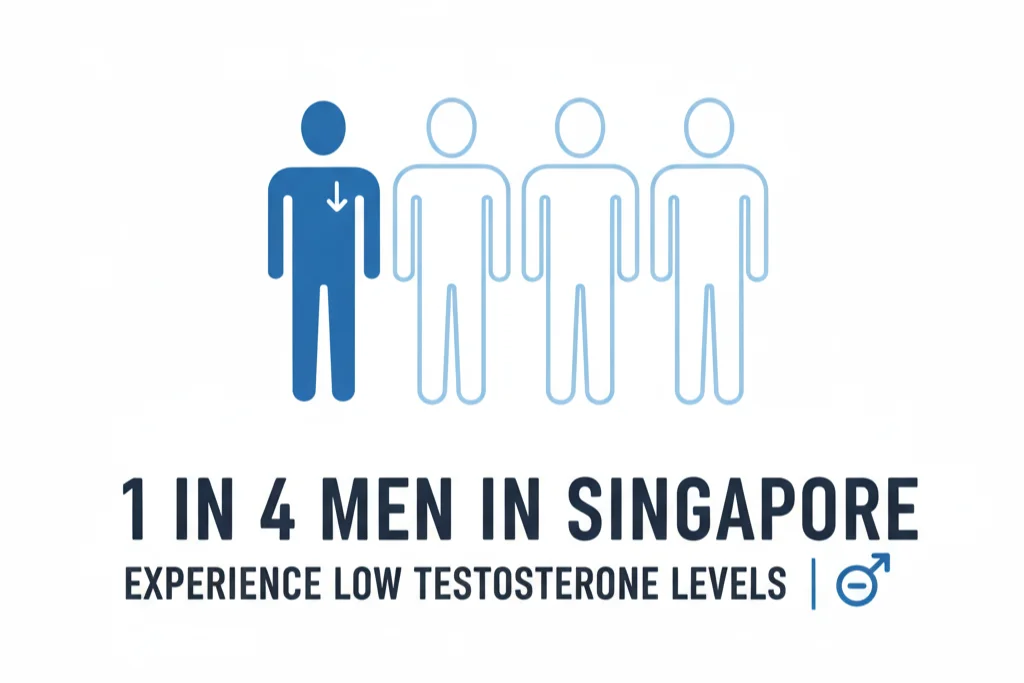
Andropause, also referred to as late-onset hypogonadism, is the gradual decline in testosterone levels that occurs as men age. This hormonal shift can lead to a range of physical, emotional, and psychological changes, similar to menopause in women, though the process tends to be slower and the symptoms differ.
Testosterone plays a key role in:
- Muscle growth and maintenance
- Bone density and strength
- Sexual function and libido
According to a health screening study in Singapore conducted between 2007 and 2009, 26.4% of 1,000 men were found to have low testosterone levels, highlighting how common this condition is locally.
Causes of Andropause
The primary cause of andropause is the natural decline in testosterone levels that occurs with age. Generally, testosterone levels start to drop by 1% every year after age 40, and men can start to experience andropause although most would exhibit signs in their 50s. Certain medical conditions such as testicular cancer and surgical removal of the testes can lead to early onset of andropause. Additionally, prostate cancer patients undergoing anti-testosterone therapy to maintain very low testosterone levels may also experience symptoms.
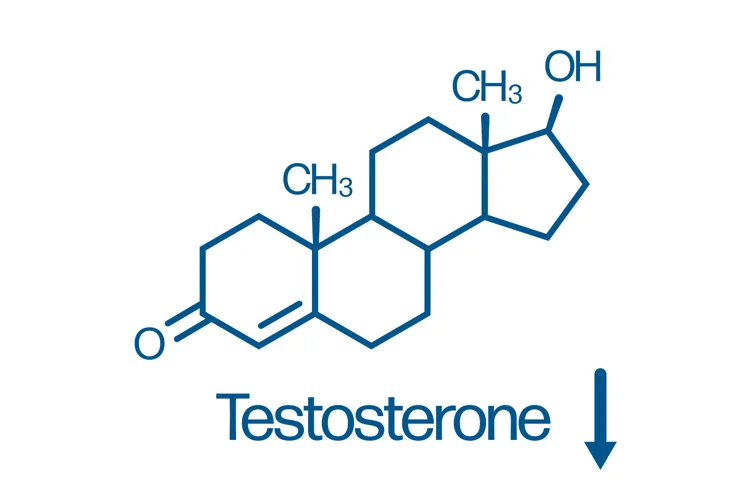
Symptoms of Andropause
Common andropause symptoms can include:
- Fatigue and reduced energy levels
- Decreased libido (sexual drive) and erectile dysfunction
- Mood swings, depression, and irritability
- Hot flashes or sweats
- Loss of muscle mass and strength
- Increased body fat, particularly around the abdomen
- Sleep disturbances and insomnia
It is important to note that these symptoms may be caused by other conditions, and not all men with low testosterone levels will experience symptoms. Recognising these signs and consulting a doctor is crucial for accurate diagnosis and appropriate treatment.
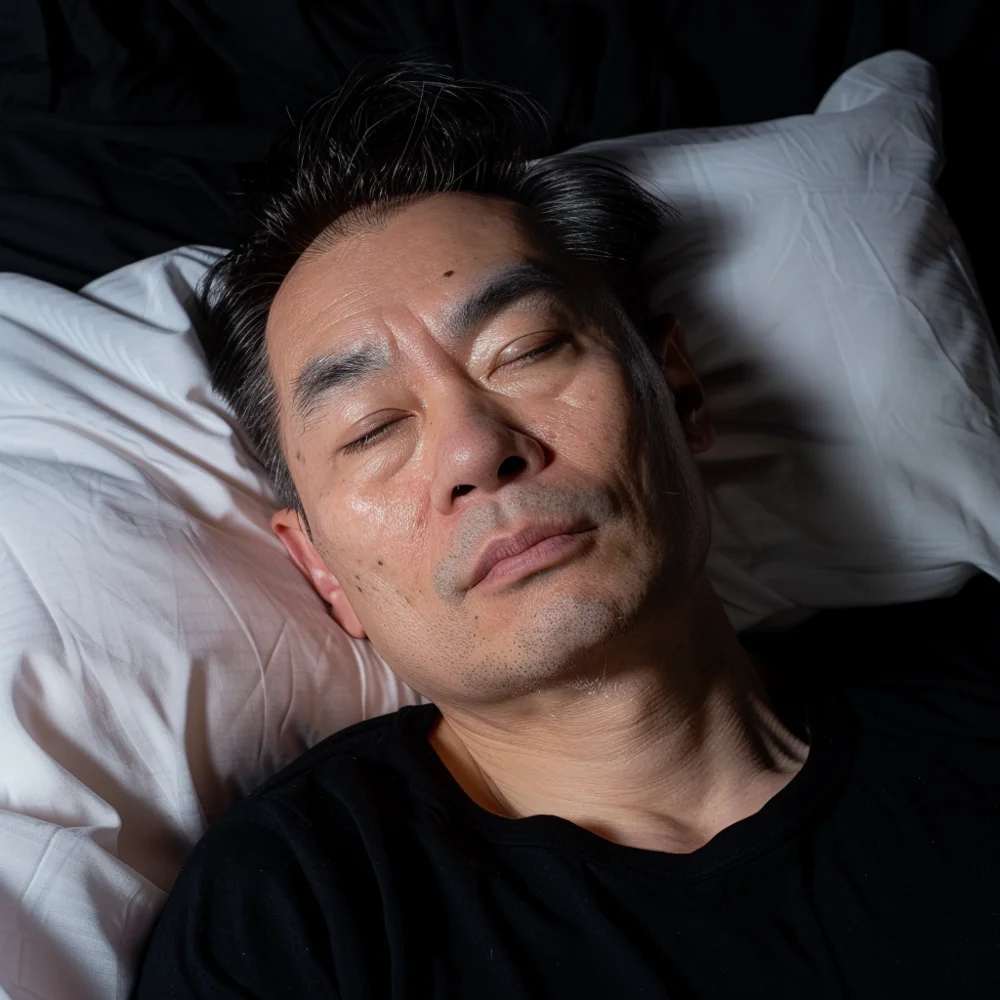
Diagnosis of Andropause
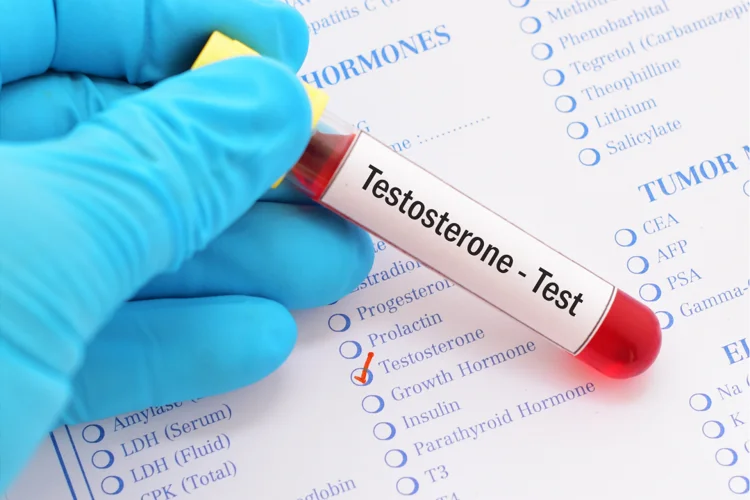
Diagnosis of andropause involves a thorough evaluation of symptoms and medical history, alongside blood tests to measure testosterone levels. Your doctor may also conduct additional tests to rule out other conditions that could cause similar symptoms. Diagnosis is confirmed if low testosterone levels are detected and other potential causes are excluded.
At ATA Medical, we provide testing for testosterone levels:
| Test | Price* |
|---|---|
| Consultation | $49.05 |
| Total Testosterone1 | $38.15 |
| Total Testosterone + Free Testosterone1 | $147.15 |
| Comprehensive Deficiency / Hair Loss Screen (Folate, Vitamin B12, Vitamin D, Iron, Total Iron Binding Capacity, % Iron Saturation, Ferritin, Zinc, Magnesium, Free T4, TSH) | $263.78 |
| Men Wellness (Full Body Screening + Total Testosterone) 2 | From $152 |
^Prices last updated on Jan 28, 2026. While every effort is made to keep pricing information up to date, please contact our team to confirm the latest rates.
1. Fasting and testing early in the morning is recommended for accuracy
2. Fasting and testing early in the morning is required for accuracy
Andropause Treatment

Treatment for andropause focuses on managing symptoms and improving quality of life which can include:
- Testosterone Replacement Therapy (TRT): TRT to restore hormone levels, administered through injections, patches, or gels.
- Lifestyle Changes: Regular exercise, a balanced diet, stress management, and adequate sleep.
- Counselling and Support: Psychological support to address emotional and mental health issues such as depression and anxiety related to andropause.
We also offer Testosterone Replacement Therapy (TRT) at our clinics with the prices as follows:
| Test | Price* |
|---|---|
| Consultation | $49.05 |
| Testosterone Injection | $381.50 / injection |
| Testosterone Gel | $196.20 / box |
^Prices last updated on Jan 28, 2026. While every effort is made to keep pricing information up to date, please contact our team to confirm the latest rates.
Summary
Andropause can significantly impact a man’s quality of life and those around him. Recognising the symptoms and seeking timely medical advice is important for effective management of the condition. Regular health checks and open communication with your doctor can help you understand and address any concerns. If you are experiencing symptoms associated with andropause, schedule an appointment to consult a doctor for evaluation and treatment.
Why Choose ATA Medical?




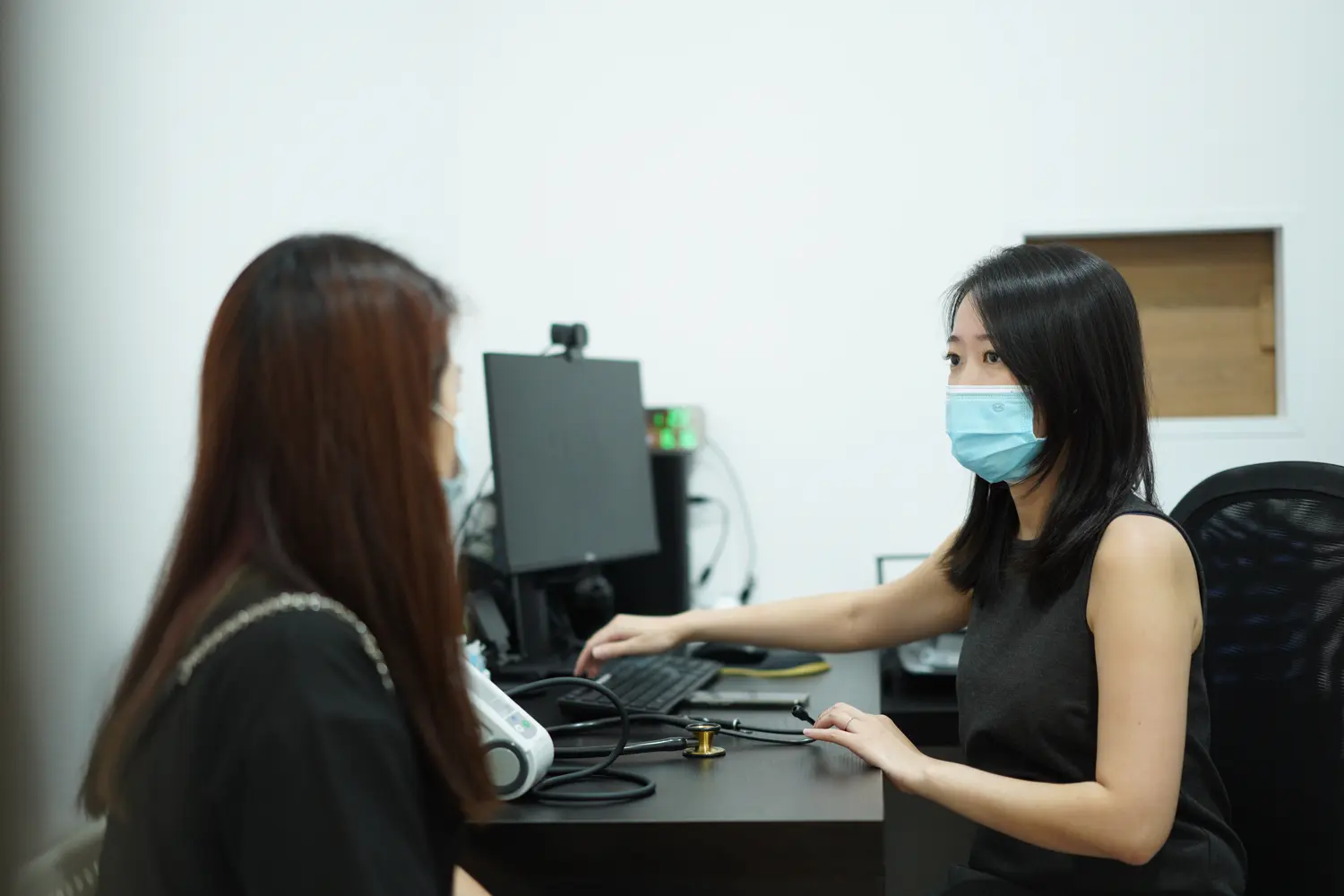



Delivering Care Patients Appreciate
What to Expect
FAST RESULTS
We strive to deliver your results within 7 working days.
MINIMUM WAITING TIME
Our patient-oriented processes ensure your waiting time is kept to a minimum.
Friendly Service
Service is a top priority for us at ATA Medical.
Email Us at camden@atamed.sg for more
information.
Book your Andropause with us at 88770326


